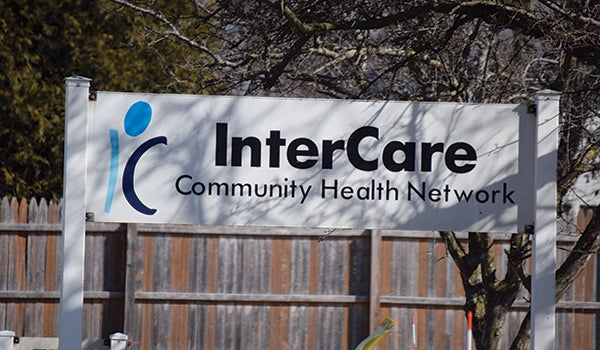Region prepares for farm workers with new precautions
Published 8:28 am Thursday, March 4, 2021
|
Getting your Trinity Audio player ready...
|
SOUTHWEST MICHIGAN – In one of the actions the state of Michigan is taking to enhance its COVID-19 vaccine equity strategy, essential food and agriculture workers became eligible for the vaccine on March 1.
Michigan is one of the first states to prioritize agriculture and food processing works for the vaccine, according to InterCare Community Health Center President Velma Hendershott.
“Van Buren and Berrien are the largest counties that have farm worker numbers and the highest labor camp licensing numbers [in Michigan] as well,” Hendershott said.
She said the center’s established relationship with growers, workers and medical providers will help them move forward through the challenges, especially as they seek to work with a minority demographic particularly vulnerable to the coronavirus due to the nature of their work.
Most of the farm workers have not arrived in Michigan yet, as spring and the planting season have not officially arrived just yet. However, growers like Schilling Family Farms are already learning what it will take this year to work within pandemic protocols.
According to Bae Schilling, of Schilling Family Farms, farm workers with H2-A visas will still be arriving to Berrien County. This year, they will have different protocols than last year.
The Michigan Department of Agriculture and Rural Development has sent out checklists to growers with updated protocols for migrant labor housing. Included in the checklists are mitigation measures for housing such as spacing out beds within the living units, or placing barriers between beds where spacing is not possible. A COVID supervisor is to be assigned for each camp to help maintain the information of occupants of the labor camps and ensure workers receive COVID-19 mitigation training, conduct reviews of conditions, do screenings and communicate with the local health department. Personal protective equipment is also a part of what is required by the state for the workers in migrant agriculture housing.
According to Hendershott, vaccine distribution to agriculture and food production workers will be largely led by federally qualified health centers like InterCare.
“There is a lot of planning and preparation happening related to how we are going to vaccinate our farm workers,” Hendershott said. “We are trying to get ahead of the game with planning, communicating and coordinating with growers on getting farmworkers coming here for care. We already have a ton of materials available for them now.”
Hendershott said southwest Michigan saw fewer migrant workers last year, which was expected. With the citrus crop being hit with the freezing temperatures seen in Texas last month, she said those employed on those operations might have had to change plans this year.
“We are expecting H2-A workers to return as well, and they too will be eligible to receive the vaccine per the [state] guidance,” Hendershott said. “At least there is hope on the horizon. Right now, people are more concerned about the [coronavirus] variants, though? nonetheless, the vaccine brings a lot of hope.”







